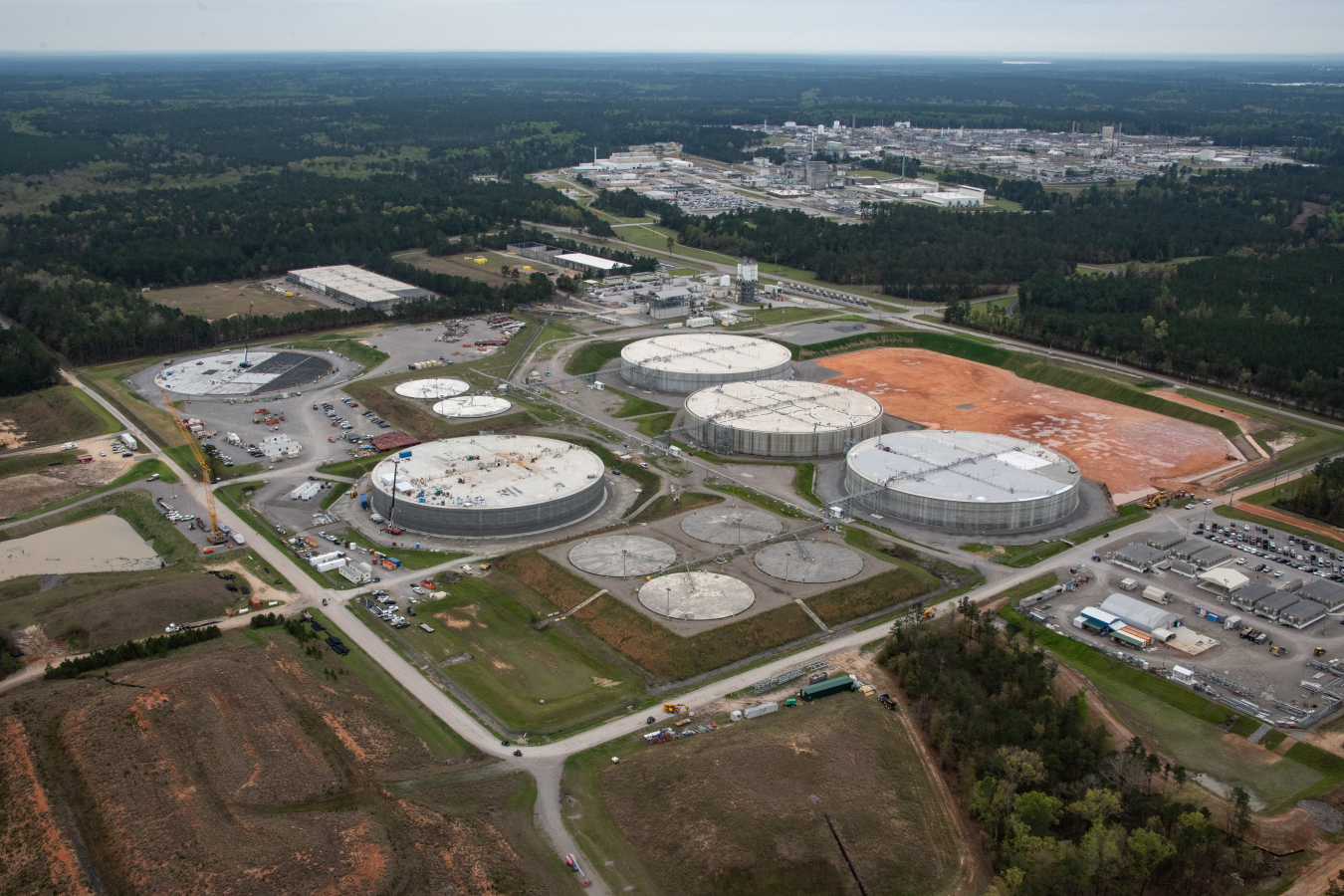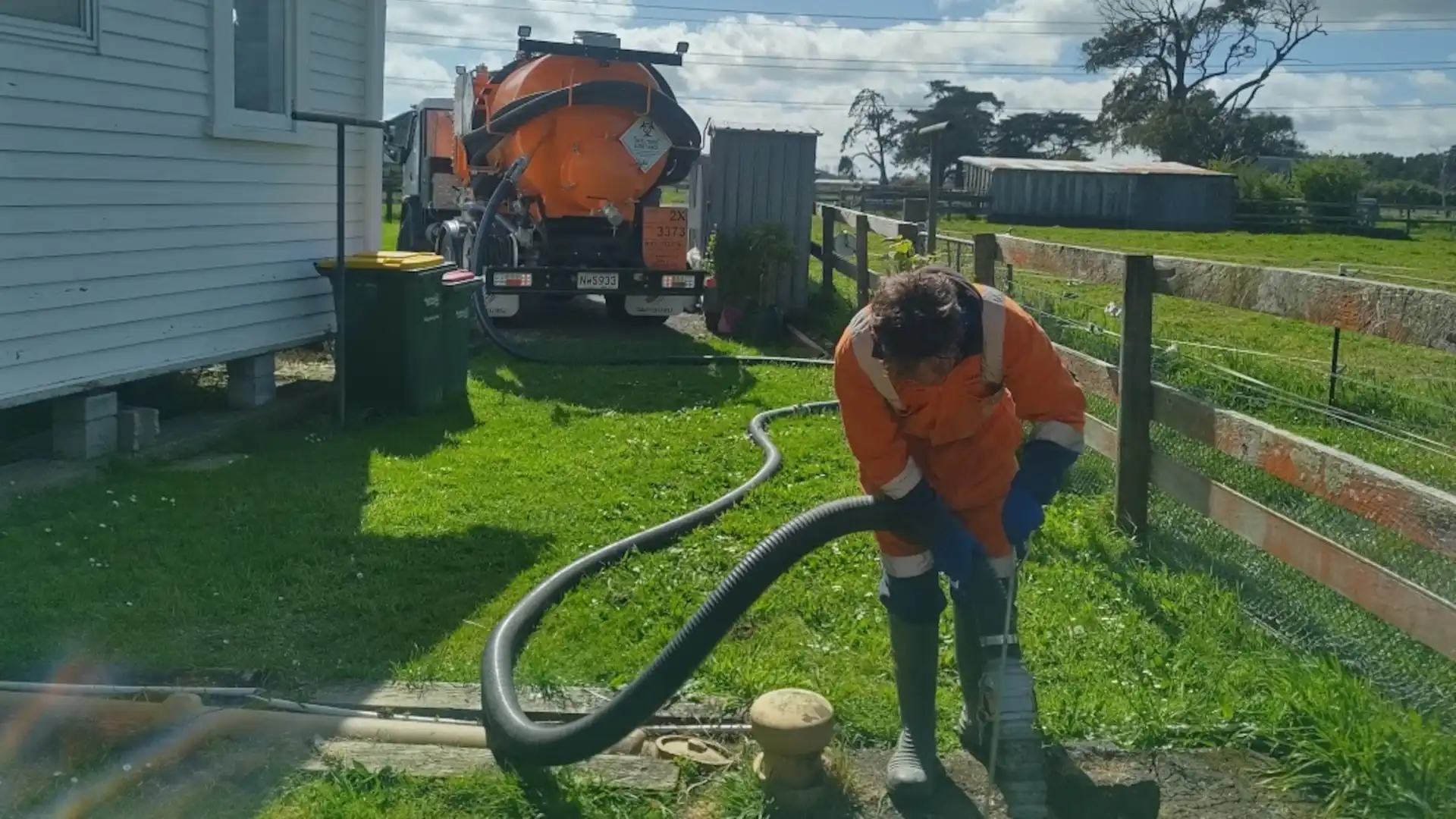Leading Liquid Waste Disposal Melbourne: Trusted Providers for Correct Waste Monitoring
Leading Liquid Waste Disposal Melbourne: Trusted Providers for Correct Waste Monitoring
Blog Article
Recognizing the Comprehensive Refine of Liquid Waste Disposal: Finest Practices and Environmental Influence Considerations
The monitoring of fluid waste disposal is a complex problem that calls for an extensive understanding of numerous ideal techniques and their associated ecological impacts. From the kinds of fluid waste generated to the techniques employed for collection, therapy, and last disposal, each step plays a critical duty in guarding ecological communities and public health and wellness.
Types of Liquid Waste
Comprehending the various types of liquid waste is important for effective administration and disposal techniques. Liquid waste can be generally categorized right into numerous kinds, each calling for distinct handling and treatment methods.
Industrial liquid waste usually includes dangerous materials, including hefty steels, solvents, and chemicals, generated throughout making processes. These wastes demand stringent governing conformity to shield human wellness and the environment. Residential fluid waste largely refers to wastewater generated from families, including sewer and greywater, which, although less harmful, can still position substantial dangers if incorrectly handled.
Agricultural fluid waste, including overflow from farms, usually consists of fertilizers and chemicals that can result in ecological destruction otherwise treated effectively. Medical fluid waste, generated from healthcare centers, consists of contaminated fluids such as bodily liquids and chemicals, requiring specialized disposal approaches to avoid infection and environmental contamination.
Last but not least, oil and grease waste, normally created by restaurants and automobile industries, can cause serious blockages in sewer systems otherwise handled properly. Understanding these categories assists in targeted techniques for treatment, conformity with laws, and efficient disposal techniques, ultimately promoting environmental sustainability and public wellness safety.

Collection Methods
Effective collection methods are critical for the proper management of fluid waste, guaranteeing that it is collected safely and successfully prior to therapy or disposal. Different strategies are utilized depending upon the type of liquid waste generated, the volume, and the certain attributes of the waste.
One typical method is making use of committed collection tanks or sumps, which are made to catch liquid waste at the resource. These systems usually integrate pumps that facilitate the transfer of waste to bigger storage containers or treatment facilities. In addition, mobile collection systems outfitted with vacuum cleaner innovation are used in circumstances where waste is created intermittently or in hard-to-reach locations.
For industrial setups, closed-loop systems can effectively decrease spills and leaks, permitting the healing and reuse of fluid waste. It is also important to train workers on appropriate collection methods to mitigate risks associated with dangerous substances.
In addition, applying routine upkeep timetables for collection tools makes certain ideal performance and safety. The integration of innovative surveillance systems can enhance collection effectiveness by offering real-time information on waste levels and possible hazards. Generally, efficient collection techniques are foundational to lasting liquid waste administration techniques.
Treatment Procedures
Therapy procedures play a vital role in the management of fluid waste, transforming potentially harmful products into reusable resources or safe effluents - liquid waste disposal. These processes can be extensively categorized right into physical, chemical, and biological techniques, each customized to address certain impurities existing in the waste stream
Physical therapy methods, such as sedimentation and filtering, job by removing put on hold solids and particle issue. These techniques are often the primary step in the therapy chain, successfully minimizing the load on succeeding procedures. Chemical therapies involve making use of reagents to counteract harmful materials, precipitate hefty metals, or oxidize organic toxins, consequently improving the security of the effluent.
Organic treatment processes, including turned on sludge systems and anaerobic food digestion, profit from the all-natural capabilities of bacteria to weaken organic matter. These techniques are especially reliable for wastewater including naturally degradable toxins. Advanced therapy technologies, such as membrane filtration and progressed oxidation processes, are progressively used to attain higher levels of filtration.
Integrating a mix company website of these therapy methods not only guarantees compliance with regulative criteria but additionally advertises ecological sustainability by recovering important resources from liquid waste.
Disposal Options
How can companies guarantee the safe and accountable disposal of liquid waste? Efficient disposal alternatives are essential for protecting public wellness and the atmosphere. The main methods include land incineration, treatment, and disposal complied with by discharge into community wastewater systems.
Land disposal includes the cautious control of fluid waste in designated landfills, making sure that it does not leach right into bordering soil or water. Incineration, on the various other hand, subjects liquid waste to heats, converting it right into ash and gases, which call for appropriate filtering to lessen exhausts. This approach is appropriate for unsafe wastes that can not be dealt with via conventional ways.
In cases where liquid waste can be treated, companies may choose chemical or biological treatment processes to counteract harmful components before releasing the dealt with effluent into local systems. This path commonly aligns with regulatory demands, ensuring that the effluent fulfills safety standards.
Eventually, companies need our website to conduct thorough evaluations of each disposal choice to establish its viability, considering factors such as waste make-up, regulative compliance, and prospective dangers to wellness and the setting. By choosing ideal disposal approaches, businesses can add to a responsible waste administration strategy.
Ecological Influence
The ecological effect of liquid waste disposal is a crucial consideration for companies looking for to minimize their ecological impact. In addition, the discharge of untreated or inadequately dealt with waste into surface waters can result in eutrophication, leading to oxygen exhaustion and the subsequent fatality of fish and various other organisms.

To minimize these influences, organizations should adopt finest techniques such as applying strenuous waste therapy procedures, advertising recycling and reuse, and adhering to regulative requirements. By taking a positive approach to liquid waste management, entities can considerably lower their ecological footprint while sustaining sustainable growth goals. Inevitably, a thorough understanding of the environmental impacts related to fluid waste disposal is crucial for notified decision-making and accountable stewardship of natural deposits.
Verdict
Efficient monitoring of liquid waste is critical look at here now for protecting ecological honesty and public health. Inevitably, a detailed understanding of liquid waste disposal not just reduces environmental impacts however additionally promotes a commitment to liable source administration and ecological stewardship.
The monitoring of fluid waste disposal is a complex issue that requires a complete understanding of various best techniques and their connected environmental influences. From the kinds of liquid waste generated to the methods utilized for collection, therapy, and final disposal, each action plays an essential duty in protecting ecosystems and public wellness.The environmental influence of liquid waste disposal is an essential factor to consider for companies looking for to lessen their ecological footprint. Eventually, a detailed understanding of the ecological influences linked with fluid waste disposal is necessary for educated decision-making and responsible stewardship of all-natural resources.
Eventually, an extensive understanding of liquid waste disposal not just alleviates environmental influences but additionally promotes a commitment to accountable source administration and ecological stewardship.
Report this page